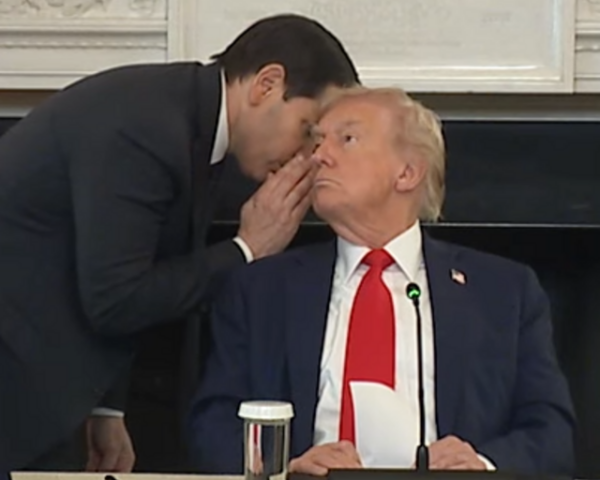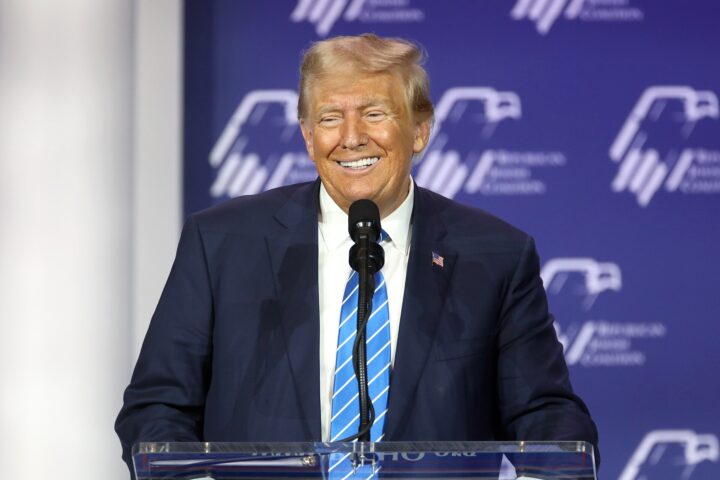A familiar name has made a major judicial ruling that some are decrying as a radical infringement on the right of the president. U.S. District Judge Tanya Chutkan has indicated she will issue a temporary restraining order restricting Trump administration officials from accessing federal agency data or removing federal employees. This decision comes after a lawsuit filed by 13 states, including California, Michigan, and Arizona, which argues that former President Donald Trump violated the Appointments Clause by creating a new federal department without congressional approval and granting Elon Musk extensive authority over executive functions without Senate confirmation.
If enacted, the order would place sweeping limitations on the administration’s interactions with key federal agencies, including the Office of Personnel Management and the Departments of Education, Labor, and Energy. It would also prohibit individuals affiliated with Musk, the U.S. DOGE Service, and related entities from accessing classified government databases or modifying the employment status of federal workers.
The legal challenge contends that Trump’s restructuring of federal operations—particularly his delegation of power to Musk—represents an unconstitutional overreach. The core issue is whether his administration’s actions amount to the establishment of a federal agency outside the bounds of congressional oversight, bypassing the constitutional requirement that principal government officials receive Senate confirmation.
The Department of Government Efficiency is simply a renamed version of the United States Digital Service created by Barack Obama, which Democrats had no problem with for years.
The outcome of this case could have far-reaching consequences. If Chutkan’s order is upheld, it may set a precedent for judicial oversight of executive reorganization, potentially reshaping the balance of power between the presidency and the judiciary. If overturned, it could reaffirm the wide-ranging discretion historically afforded to the executive branch, writes Red State.
The draft order by Chutkan, an Obama appointee who many will remember as one of the most vicious, petty, and vindictive of the January 6 judges, is incredibly and unconstitutionally broad as it actually prevents President Trump from carrying out his Article II duties: “The executive Power shall be vested in a President of the United States of America.”
The government has filed a response dismantling the case by the states and demonstrating how the proposed remedy is divorced not only from the imagined harm but from reality. It asks Chutkan to hold off until Monday and hold a hearing on the issue.
Unfortunately, when you are dealing with someone who appears to have lost touch with reason, that is not going to work out all that well. No judge has the right to suspend the Constitution. Eventually, this order will be vaporized. It probably won’t happen at the hands of the DC Circuit, which is still torqued about their four-year vendetta being summarily dismissed on January 20 but will end up in front of the Supreme Court.
Legal experts predict that any ruling from Chutkan will be quickly challenged in appellate courts, highlighting the broader constitutional debate over executive authority. Critics warn that Trump’s reliance on private figures like Musk to oversee multiple agencies undermines institutional safeguards, while supporters maintain that the administration is exercising the broad executive powers granted under Article II of the Constitution.
Like another radical judge trying to hamper the Trump administration, Chutkan, who also presided over Joe Biden’s lawfare against Trump during the 2024 presidential election, donated thousands of dollars to Barack Obama.
For now, the case appears destined for higher courts, with the D.C. Circuit and possibly the Supreme Court likely to weigh in. Regardless of the final verdict, the lawsuit—New Mexico v. Musk—has already emerged as a pivotal legal battle in the ongoing struggle over executive power in the United States.








